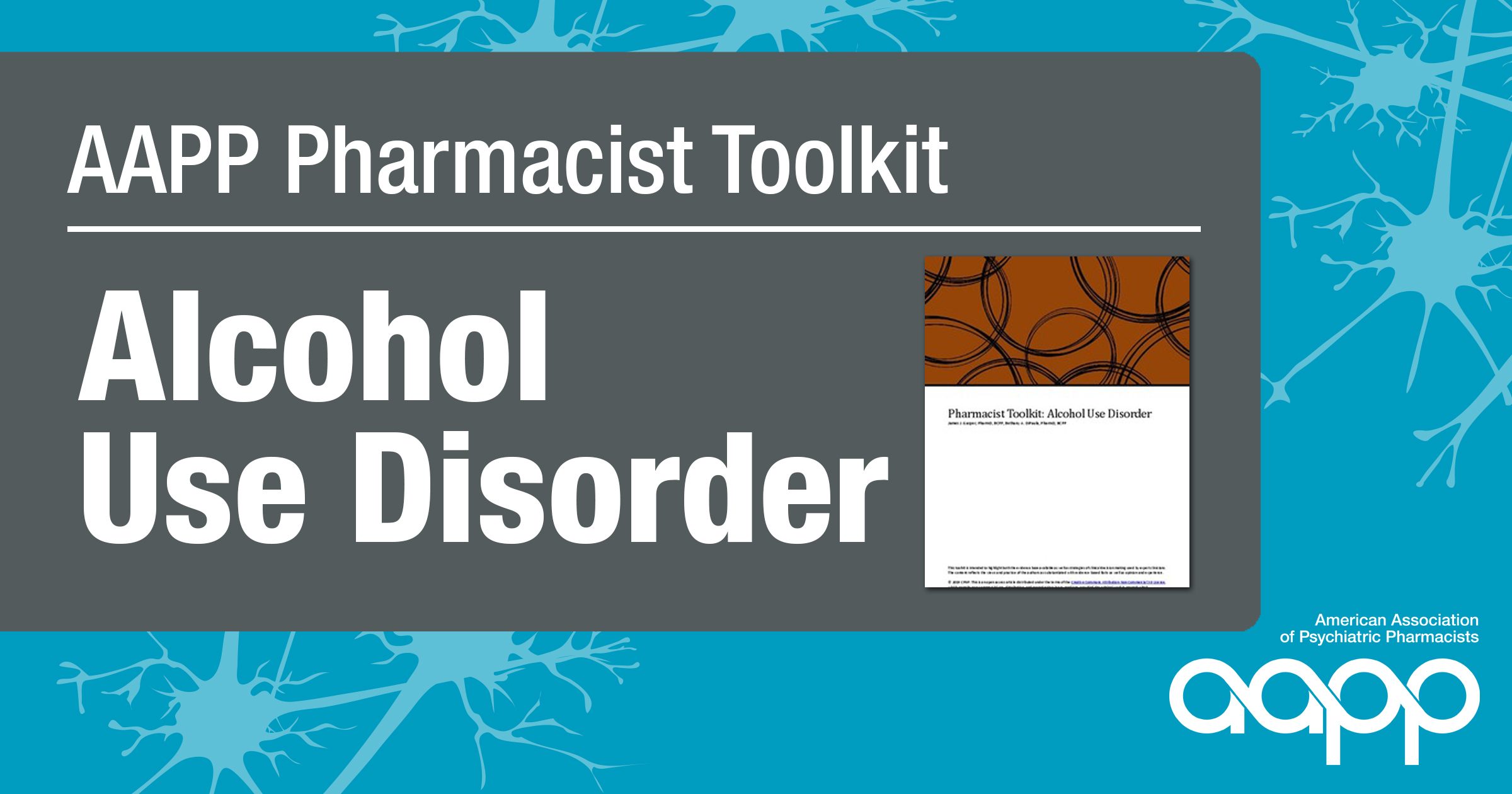
Several hours have been reserved for discussions on current issues in practice on Sunday, 4/27 through Tuesday, 4/29.

Several hours have been reserved for discussions on current issues in practice on Sunday, 4/27 through Tuesday, 4/29.

Alcohol and benzodiazepine (BZD) withdrawal are clinical manifestations of the abrupt cessation or reduction in the use of substances which have been used regularly and heavily. Larger quantities and longer durations are associated with greater risk of developing significant alcohol or BZD withdrawal, which can be a medical emergency. Goals of treatment include minimizing and/or preventing the symptoms of withdrawal with a focus on prevention of seizures and delirium tremens (DTs).

Convince Your Supervisor to Support AAPP 2025 Attendance! The merits of the AAPP Annual Meeting are undeniable. Even so, with most organizations having limited travel and education budgets, it may be necessary to show justification when selling your attendance at AAPP 2025.

Virtual Student Opportunities AAPP student members received FREE virtual registration to AAPP 2025! In-Person Student Opportunities For those who attended the event in Salt Lake City, Utah.

No summary available

No summary available



AAPP is pleased to announce the release of 2024 preparatory products for those preparing for the Board Certified Psychiatric Pharmacist (BCPP) exam.







The AAPP Foundation Board of Directors is looking forward to the 2025 AAPP Annual Meeting! Our booth will be on Level 4 outside the Regency Ballroom. Members of the Foundation Board will be present at various times throughout the event to answer your questions about donations, bequests, grant programs, and more! Please join us for various Foundation-supported activities.
Pre-Meeting Workshop: Presentation Design and Speaker Development

Thanks to generous AAPP Foundation donors and the AAPP Past President's Destiny Fund, 20 PharmD students were awarded grants for full, in-person student registration to AAPP 2025 in Salt Lake City, Utah! Congratulations to the following recipients:

The estate bequest made by long-time AAPP member Kim Tallian, PharmD, BCPP, FASHP, FCCP, FCSHP, APH will be partially applied to a session sponsorship at the upcoming 2025 AAPP Annual Meeting titled, Addressing Social Determinants of Health through Trauma-informed Care, presented by Dr. Marie A. Chisholm-Burns. Dr. Tallian was a passionate psychiatric pharmacist and advocate for the profession, students, residents and patients, and she passed away in January 2023 after a 3-year battle with cancer.

Welcome Spring! I am looking forward to the change of seasons and having more daylight, sun, and warmth. And just like the change of seasons, there are changes to look forward to from the AAPP Foundation this year. The AAPP Foundation Board of Directors have been hard at work and cannot wait to share the successes from 2024 and the plans for this year!




The existence of the CPNP Foundation is a direct reflection of the selfless dedication of you as CPNP members. The CPNP Foundation is seeking to meet its $50,000 year-end fundraising goal to support this important, ongoing work and is asking for your continued support with a generous donation during our year-end fundraising campaign. Your donation will support the following four areas: